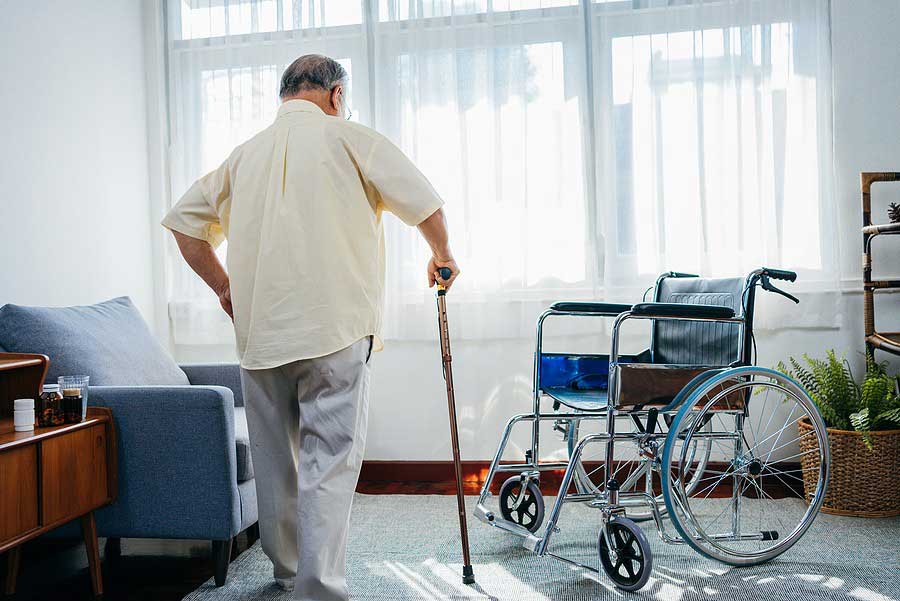
Can AI Help Prevent Falls At Home?
As we get older, our homes can start to represent a health and safety risk if we’re not careful – which is why it can be beneficial to consider making various home adaptations over time so that any changes in needs can be accommodated.
This then allows us to stay in our homes for as long as possible, enjoying our independence and retaining a level of control over our lives, even as our circumstances evolve.
One of the biggest fears that older people have is slips, trips and falls, with recent research from Age UK showing that 36 per cent of those over the age of 65 consider falling over their top concern.
And this is hardly a surprise, given the fact that falling contributes significantly to hip fractures, many of which are preventable. These injuries can have serious consequences for older people and, in fact, falls are the most common cause of injury-related deaths in those over 75 years old.
Of course, this is a huge cause for concern but the good news is that we live in the 21st century and the digital age, which means there’s a huge amount of different technology at our disposal that can be used to help keep us safe at home as we age.
Artificial intelligence (AI) and its many different benefits is the serious talk of the town right now and its various applications are increasingly being lauded in a raft of different arenas.
Where personal safety at home is concerned, there’s a growing body of research that suggests AI could be of particular use, so if you are getting older and want to protect yourself as much as you can, it could certainly be worth looking into.
A recent pilot of AI monitors in residential care homes saw the number of nighttime falls drop by over half, with a 20 per cent fall in hospital admissions as a result, as well. Furthermore, a 75 per cent reduction in the number of unnecessary in-person checks at night by staff members was also seen, freeing up their time to devote to care elsewhere.
And back in August, social care provider and health tech firm Cera is now making use of AI in its SmartCare app, which it says now enables it to predict whether people will fall at home a week before accidents actually happen with 83 per cent accuracy.
It’s thought that if this technology was used by all people over the age of 65 receiving social care in England, the new AI model could predict approximately 10,000 fall-related hospitalisations annually, which would have a significant impact on the NHS.
At home, you can help protect yourself from slips, trips and falls by using sensors in at-risk places like the bathroom. These work by detecting changes in movement patterns, which can predict future falls or send out alerts if you do take a tumble.
Alternatively, you could consider wearing a device on your wrist that is able to detect movements like walking, running and standing, with data collected and analysed to detect changes related to your daily activities so that any falls can be detected.
AI aside, there are lots of other home adaptations you can make that will allow you to age in place. If you’d like to find out how to make your bathroom at home safer, get in touch with the Practical Bathing team today to see how we can help.

